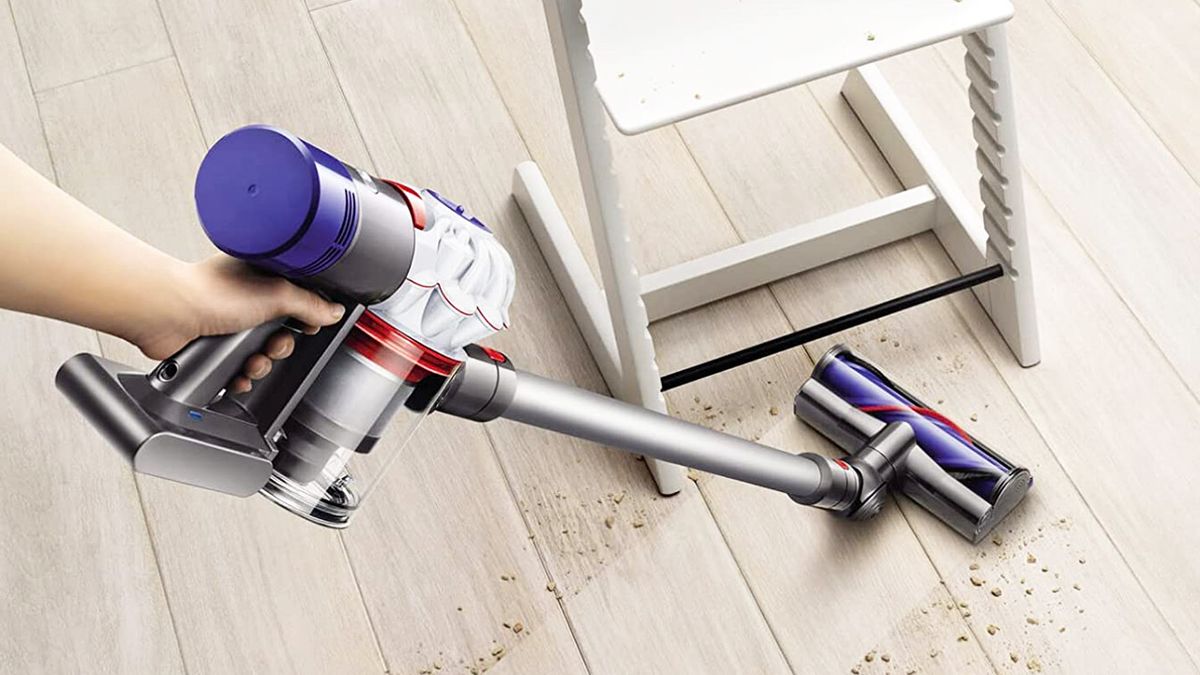Getting the recommended seven to nine hours of solid sleep a night is key if you want to remain rested and healthy. But what happens if you find yourself clocking in less, perhaps just four hours a night?
The best mattress for your sleep style and body type will help you get quality sleep night after night. But when the busy holiday season, or just a lot going on in life, cuts into your sleep time you're not likely to wake up feeling particularly refreshed, regardless of your bed.
We spoke to neuroscientist and Serta Simmons partner Dr. Caroline Leaf and physician and medical director at Engage Wellness Dr. Pamela Tambini to find out whether four hours sleep is enough (spoiler alert: it's not!). Plus, we asked what we can do to feel more energised when we simply have no choice but to cut our sleep short.
Is four hours of sleep a night enough?
Sleep is non-negotiable for brain and body health. Four hours of sleep is generally not enough because it doesn't allow your body and brain to go through essential cycles of sleep. Dr Tambini says these sleep cycles are "critical for physical and mental restoration."
Without a complete night of restorative rest, you can become physically and mentally compromised. Dr Leaf explains: "With only four hours, your body doesn't have sufficient time to complete multiple full cycles, leading to impaired cognitive function, emotional instability, and physical fatigue."
5 tips for surviving the day after four hours sleep
While it's not ideal, sometimes four hours sleep is all we can get, especially around the holiday season, or during other busy periods of life. If you’ve woken up after just four hours of sleep, thankfully there are steps you can take to feel more alert and function better throughout the day. Here's how to power through...
1. Hack your nutrition
Making nutritious food choices throughout the day can help you sustain energy levels. Dr Tambini says: "Eating small, balanced meals and snacks that include protein, healthy fats, and complex carbohydrates can help keep your blood sugar steady and prevent energy dips."

She also reminds us to hydrate. Drinking water regularly is super important because dehydration can sap your energy. Similarly, while reaching for a strong latte seems the logical answer to waking you up, too much caffeine can lead to an energy plummet.
So, be conscious of your coffee consumption when running low on sleep. Dr Tambini advises: "A small cup of coffee or tea can also provide a boost, but it’s essential to use caffeine in moderation to avoid a crash later in the day."
2. Power nap
If daytime naps are a thing of the past (parents of young children, we see you), you can skip this tip. But anyone with a spare 20 minutes in the day, stay put.
A quick snooze during the day, be it on a work break, between family visits or even, if possible, while your baby is down for a nap too can help you out if you've only had a few hours of sleep the night before.
"Taking a 20-minute power nap in the afternoon can provide a refreshing boost without leaving you groggy," says Dr Tambini.
Need some help dropping off quickly? Turn on the binaural beats and let the ZZZs roll.

3. Stay active
Granted, you're unlikely to have the energy for an intensive exercise regimen, but staying moderately active can go a long way in improving energy and alertness. If you've only managed a short amount of sleep, taking a quick walk in fresh air or standing up periodically can both prevent fatigue setting in.
Dr Leaf says: "Stretch or take a brisk walk to get your blood flowing and increase energy levels." Going for a walk outdoors is even better, as you can also tick off natural daylight exposure, which should give you an extra boost.
4. Get sunlight
Sunlight might just be your best friend after a night of four hours sleep.
Dr Tambini explains: "One of the best things you can do is immediately expose yourself to natural sunlight. This helps reset your body’s internal clock and signals your brain to reduce melatonin production, the hormone responsible for sleepiness."
So, open your curtains and blinds as soon as possible in the morning to help keep grogginess at bay.

5. Mind management
Sleep restriction can affect cognitive functions like decision-making, judgment and alertness, according to research, while studies have also shown it can negatively impact your mood.
Practicing mindfulness throughout the day can be helpful in managing negative emotions that have arisen from a lack of sleep, and it can help you remain calm about the deficit, since anxiety can impair your sleep further.
"Embrace your sleepless nights in order to calm down your brain," Dr Leaf advises, adding that it's important to calm the "body’s neurophysiology enough to help your body find its unique sleep rhythm."

How much sleep do you need a night?
The amount of sleep each person needs depends on multiple factors like age, lifestyle and anatomy. But it is recommended that adults aim to get between seven and nine hours of sleep a night.
While experts we have spoken to previously say it's important to listen to your body and become attuned to the amount of sleep you need to feel energized, they largely agreed.
Dr Tambini also considers this to be the optimum amount of sleep: "Adults typically need between seven and nine hours of sleep per night to experience the deep sleep and REM stages fully. These stages are crucial for memory consolidation, immune system strengthening, and physical repair."
How to get enough sleep
Rather than worrying about the cost of losing sleep for a few nights, either during the holiday season or a particularly busy period in your life, we recommend focusing on acing your sleep schedule throughout the rest of the year.
One big factor in getting good quality sleep is sticking to a sustainable sleep schedule where you wake up and go to sleep at roughly the same time every morning and night. This regulates your circadian rhythm and makes it easier to wake up, fall asleep fast and get quality rest.
Besides that, you'll want to make sure your bed is comfortable, your bedroom is conducive to sleep and you have a relaxing bedtime routine in place to help you drift off peacefully into a deep, restorative sleep.





















 English (US) ·
English (US) ·